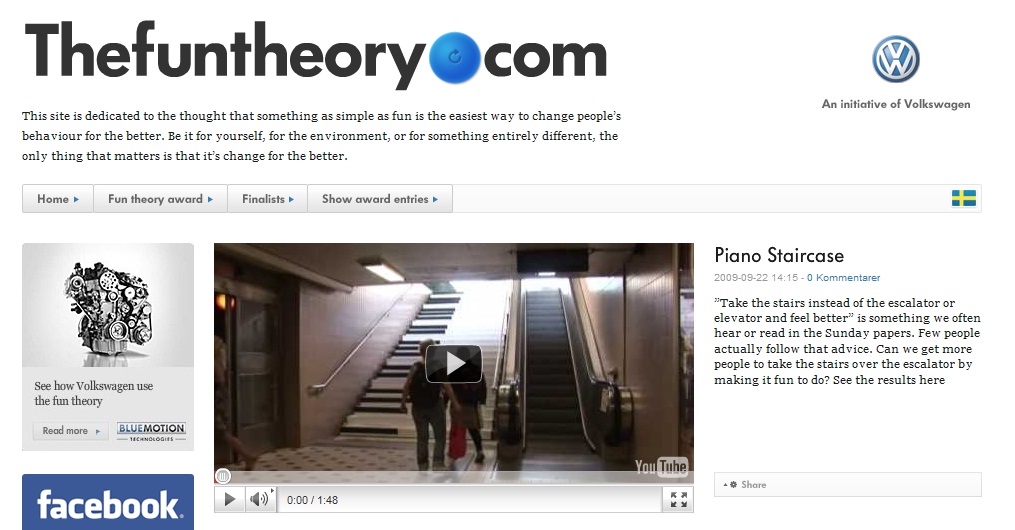Maybe your parents have drilled it into your head that you always need to divide up and recycle your paper, plastics, and glass. Or, you might have come to college and have been yelled at by frustrated roommates for wasting water during your hour long showers. Whenever you first learned about practicing environmentally responsible habits, by now, you probably practice them religiously, right? Well, whether you do or not, the reasons could lie behind your pleasant, or not-so-pleasant disposition.
Research has shown that those who rate themselves as being generally happy and more satisfied with their lives, have better sustainable habits, and a smaller ecological footprint, than those who have low life satisfaction and are unhappier on a daily basis. It can be difficult to remain positive with daily stresses and problems, so it’s understandable to not always have a pleasant outlook. In order to help people who are less chipper naturally, sustainable practices might have to become more enjoyable, before they can become normal habits.
 A couple of brief experiments, initiated by Volkswagen, have shown that making healthy, environmentally-friendly practices fun, make people more likely to participate in these practices (see videos of the experiments at The Fun Theory). In one trial, a set of stairs located directly beside an escalator, were covered with piano keys that actually played notes when stepped on. In this case, 66% more people used the stairs than usual. Another experiment took a normal recycling machine for glass, and turned it into a fun arcade game, complete with flashing lights and sounds. During the one evening it was first introduced, one hundred people stopped to play and recycle glass, while only two people went to recycle at the normal recycling machine for glass located nearby. While neither one of these experiments is conclusive because they involved a small sample, during one short time period, with too many other variables that were not ruled out, they do suggest that people are more willing to practice responsible behaviors if they think it’s fun.
A couple of brief experiments, initiated by Volkswagen, have shown that making healthy, environmentally-friendly practices fun, make people more likely to participate in these practices (see videos of the experiments at The Fun Theory). In one trial, a set of stairs located directly beside an escalator, were covered with piano keys that actually played notes when stepped on. In this case, 66% more people used the stairs than usual. Another experiment took a normal recycling machine for glass, and turned it into a fun arcade game, complete with flashing lights and sounds. During the one evening it was first introduced, one hundred people stopped to play and recycle glass, while only two people went to recycle at the normal recycling machine for glass located nearby. While neither one of these experiments is conclusive because they involved a small sample, during one short time period, with too many other variables that were not ruled out, they do suggest that people are more willing to practice responsible behaviors if they think it’s fun.
If more of the normal glass recycling receptacles were replaced by the game version mentioned above, people might become to conditioned to this new receptacle, and lose interest. On the other hand, it could also train people to practice that habit, so even after the game loses its initial appeal, they still recycle their glass. Also, you might have noticed that during the piano staircase trial, the escalator was running the entire time, which means the only gains were in inspiring more physical activity and having some unexpected fun. However, if more staircases were transitioned into piano staircases (or something equally entertaining), the escalators could be turned off (while having a limited number of elevators for those who are unable to use stairs), which would result in a large energy savings.
